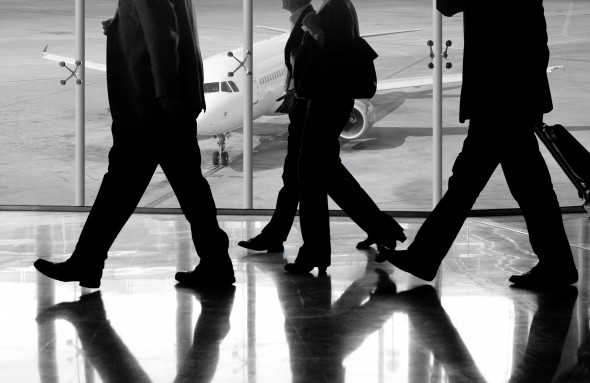NEWSLETTER
In Conversation: Holly Boyd-Boland, Virgin Atlantic


We’ve in the past wondered if aviation might one day be perceived as the new tobacco, if the industry isn’t proactive when it comes to sustainability (see this article by Shashank Nigam in Flight Global).
In fact, we’ve now seen this direct parallel being made in a paper published in The Journal of Travel Research called “Reconfiguring aviation for a climate-safe future: Are airlines sending the wrong message?”
The conclusion of the paper is that airlines promote consumption, that flying is dangerous to the environment, and so airline advertising should be regulated much like tobacco advertising.
Researchers analysed email marketing campaigns from a series of major airlines and found that they could generally be grouped into three kinds of messaging:
1 – Adventure and Discovery (Go and discover something new)
2 – Privilege (“Airlines deploy privilege by framing their passengers as elite members of society. Air travel is constructed as the highest form of cultural capital”)
3 – Urgency (Buy now, limited time sale)
According to the paper, all three messages are designed to stimulate demand and growth.
The authors then make the explicit link with tobacco and alcohol.
“Airline communications, by direct email but also through websites, print and social media communications (e.g., flight sales, frequent flier programmes, tiered loyalty programmes, member benefits, and upgrades) reflect the packaging and marketing techniques of the tobacco and alcohol industries, which has been addressed in some countries via legislation to protect consumers against the high risk posed by products that damage human health.”
The authors cited KLM’s ‘Fly Responsibly’ campaign and compared it to an alcohol brand running ‘drink responsibly’ ads.
Given all this, the overall conclusion of the authors is that what they call “aviation exceptionalism” needs to be curbed.
The paper was written during the pandemic, and the authors, like many climate change activists, want to see the downturn in mobility become the new normal.
Further, they also call for regulation of airline marketing, in the same way as it applies to tobacco and alcohol advertising:
“Conditions should include the regulation of airline marketing campaigns to seek a sustainable balance between production (supply) and consumption (demand), in the interests of a climate-safe future.”
Obviously this newsletter goes out to an aviation audience. We ourselves work within the industry and support (sustainable) air travel as being crucial to economies worldwide.
However, it’s important for airline executives, right up to C-Suite level, to understand the arguments being deployed so they can appropriately respond, and the argument of ‘flying is a societal ill like drinking or smoking’ is one we expect to see more and more of.
(Paper citation – Higham, J., Hanna, P., Hopkins, D., Cohen, S., Gössling, S. & Cocolas, N. (2021). Reconfiguring aviation for a climate-safe future: Are airlines sending the wrong message? Journal of Travel Research)
In the seventh episode of our ‘Sustainability in the Air’ podcast, Harbour Air Seaplanes CEO, Greg McDougall, speaks with SimpliFlying CEO, Shashank Nigam, and shares how Harbour Air is paving the way for sustainable aviation through their innovative electric aircraft technology.
Harbour Air is a regional seaplane airline comprising only float planes that fly off the surface of water.
The short stage lengths of their flights coupled with mostly single-engine aircraft leads to low energy consumption and lower carbon burn, ensuring a low carbon footprint.
McDougall explains that the airline retrofits their older-but-updated aircrafts since the airframes are certified and economically more viable than building a clean sheet aircraft.
Since they mostly operate along the coastline, Harbour Air is mindful of the environmental impacts it has on their neighbourhoods.
They have adopted technologies to mitigate the harmful effects of their operations.
Positive story of the day
Malaysia Airlines to operate first flight powered by SAF in June (FTE)
Corporate Travel Buyers Add Airline Sustainability To Metrics (Aviation Week)
Flight shaming could hamper sustainability investments: EasyJet chief (Flight Global)
Hawaiian Airlines shares sustainability efforts, shifting priorities due to the pandemic (Hawaii Public Radio)
Asian airline Cathay Pacific released sustainability data (Sustainability)
Kenya Airways Goes Green On Sustainable Flight Challenge (Capital Business)
Emirates highlights progress of inflight initiatives on World Environment Day 2022 (Zawya)
© 2022 SimpliFlying Pte. Ltd.